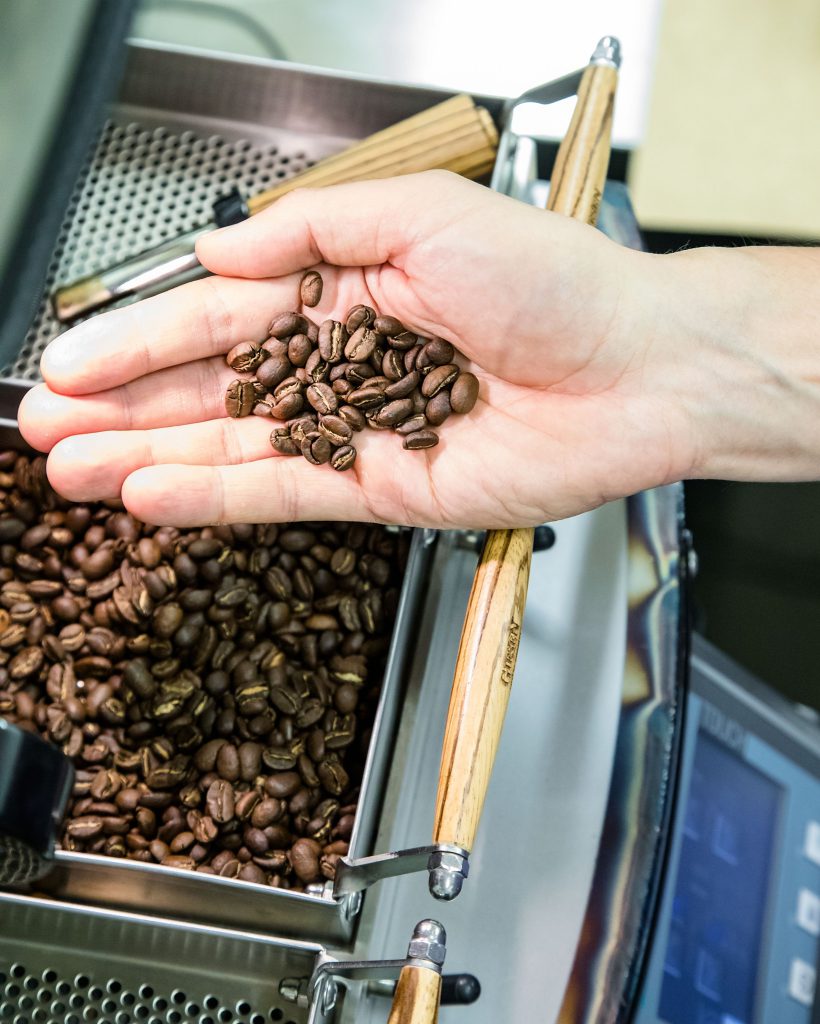Decaffeinated coffee is coffee that has had most of its caffeine content removed. This is done to allow coffee drinkers to enjoy the flavor and aroma of coffee without the stimulating effects of caffeine.
There are several methods of decaffeination including:
- Solvent-based extraction: A chemical solvent, usually methylene chloride or ethyl acetate, is used to dissolve the caffeine and extract it from the coffee beans.
- Swiss Water Method: This is a chemical-free method of decaffeination where the beans are soaked in hot water to extract the caffeine. The water is then filtered to remove the caffeine, and the flavor-rich water is reused to decaffeinate another batch of beans.
- Carbon Dioxide (CO2) Method: This method uses high-pressure CO2 to extract the caffeine from the coffee beans. The CO2 is then released and the beans are left without their caffeine content.
Decaffeinated coffee is a popular alternative for those who are sensitive to caffeine or wish to avoid its side effects. It has been found to contain a smaller amount of antioxidants compared to regular coffee, but still provides some health benefits such as reducing the risk of type 2 diabetes and improving liver function.
However, decaffeinated coffee is not completely caffeine-free and may still contain small amounts of caffeine. It is important to check the label or ask the manufacturer for the exact caffeine content of a decaffeinated coffee product. In conclusion, decaffeinated coffee provides coffee lovers with an option to enjoy the flavor and aroma of coffee without the stimulating effects of caffeine. A correct decaffeination process, combined with high-quality raw materials, allows the consumer to enjoy a low-caffeine product (0.10% on the roasted product, legal limit) without sacrificing the pleasure of a real espresso.
Mokajenne decaffeinated coffee blend




